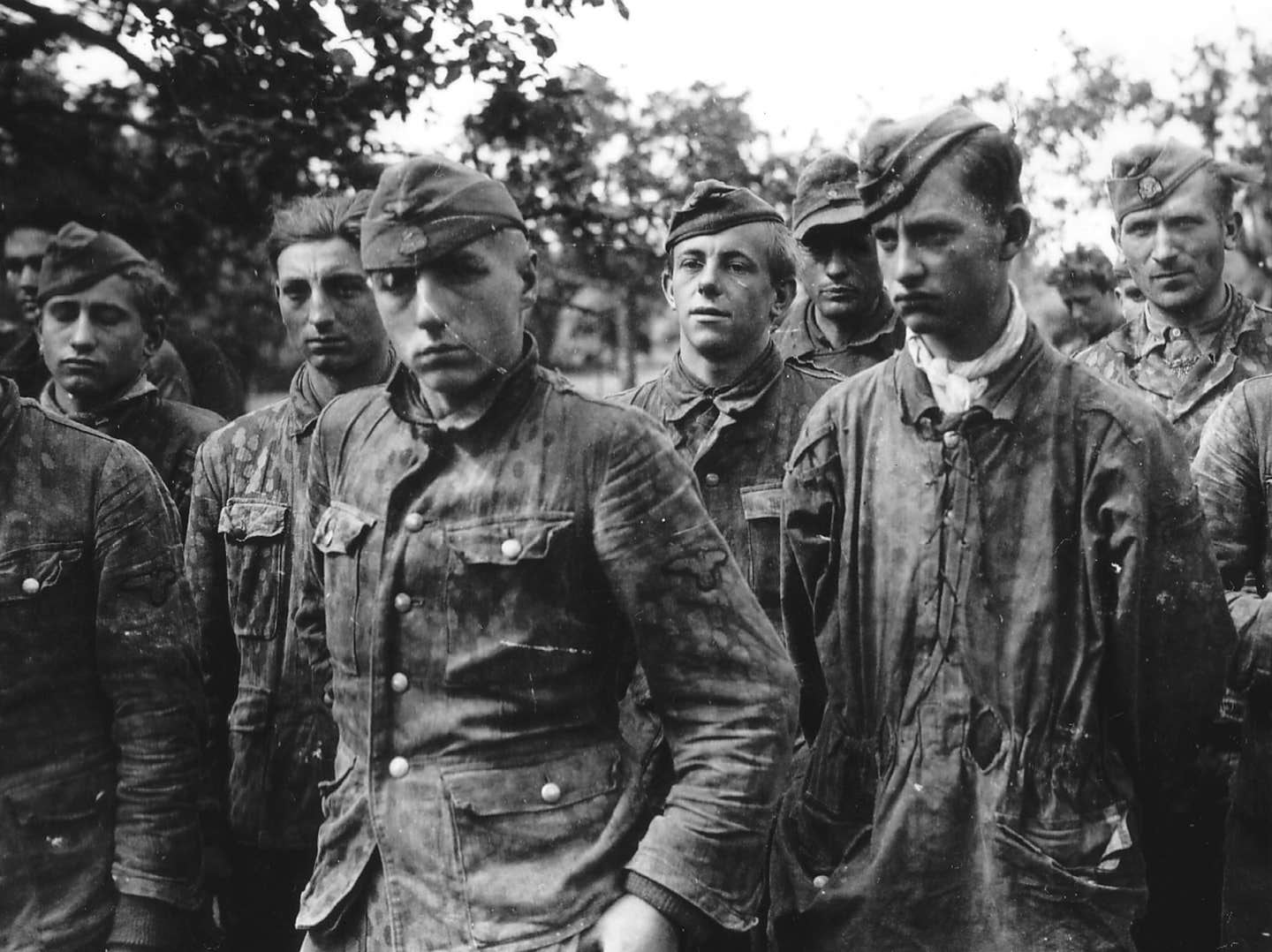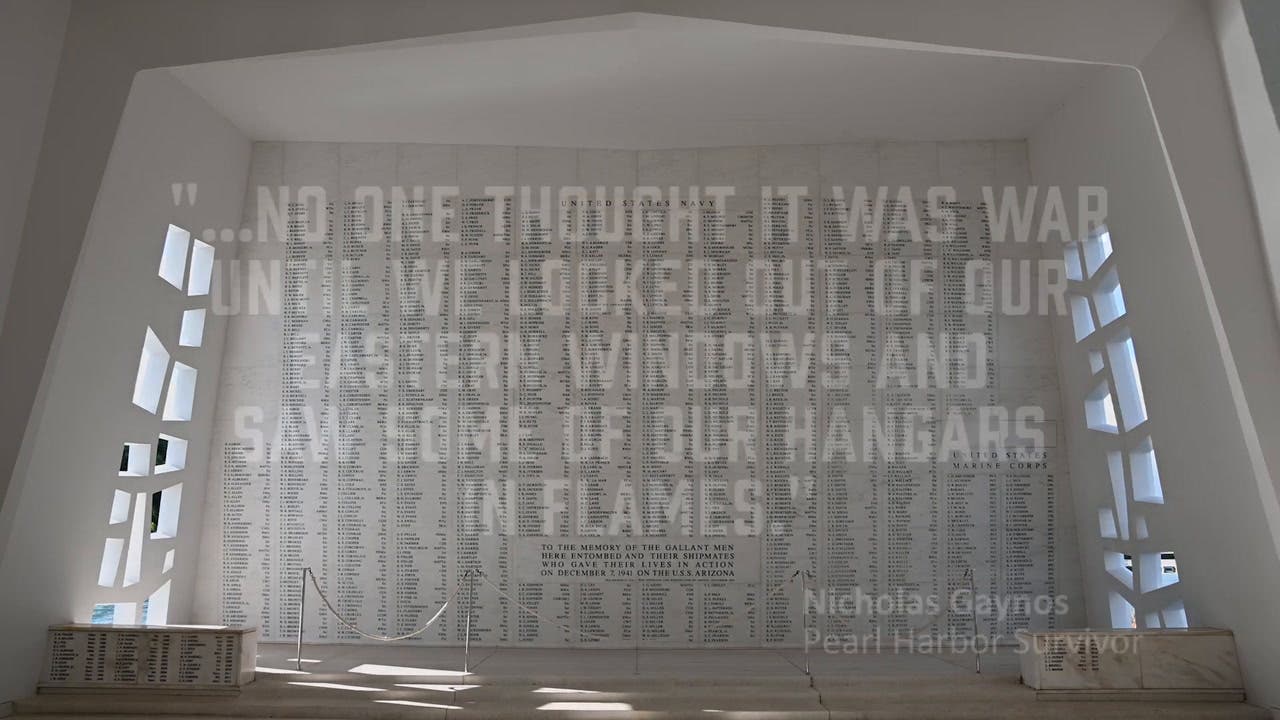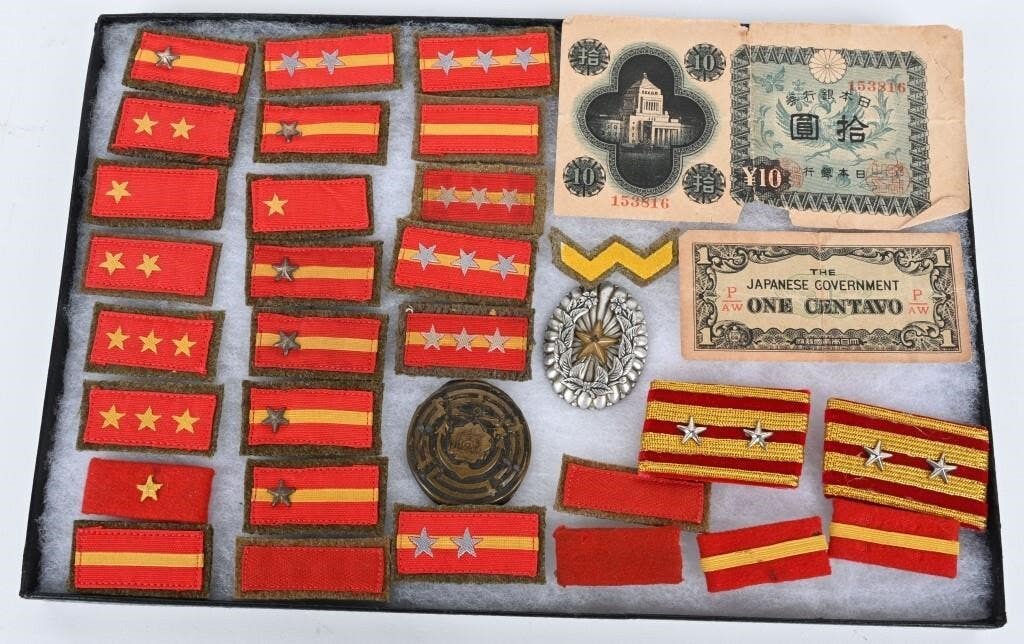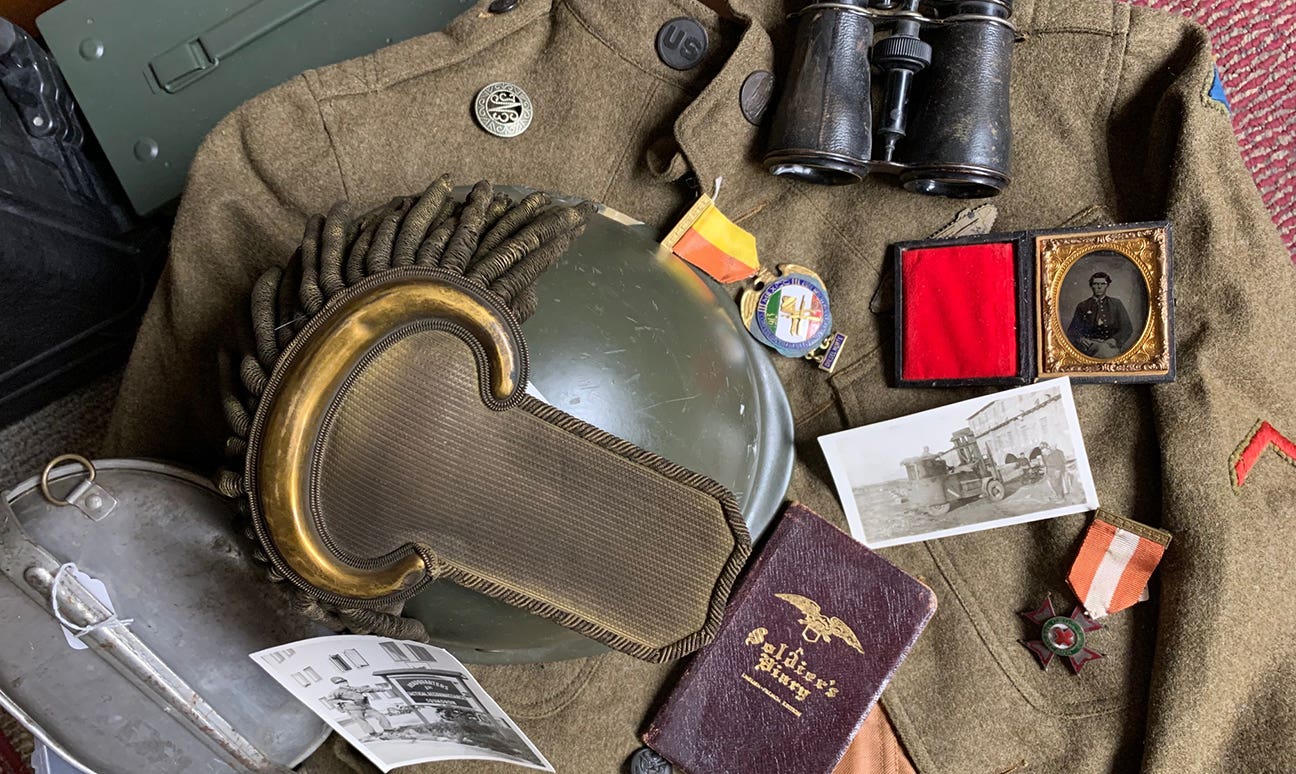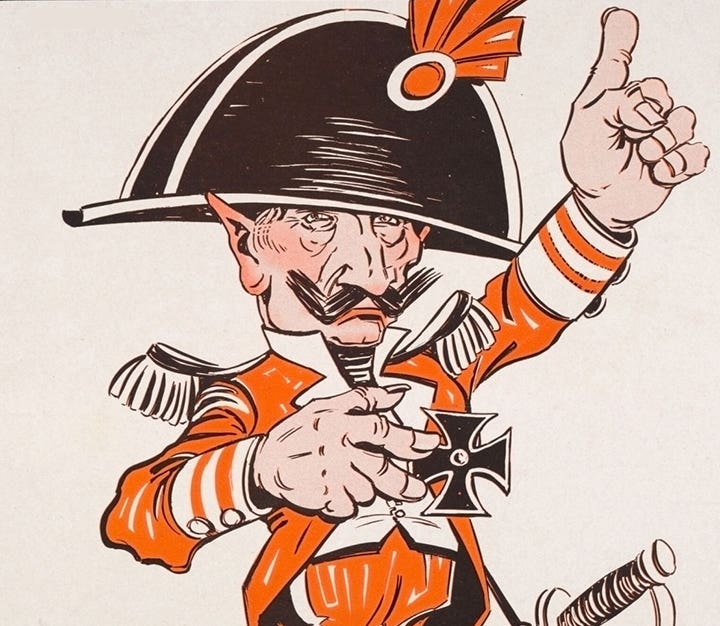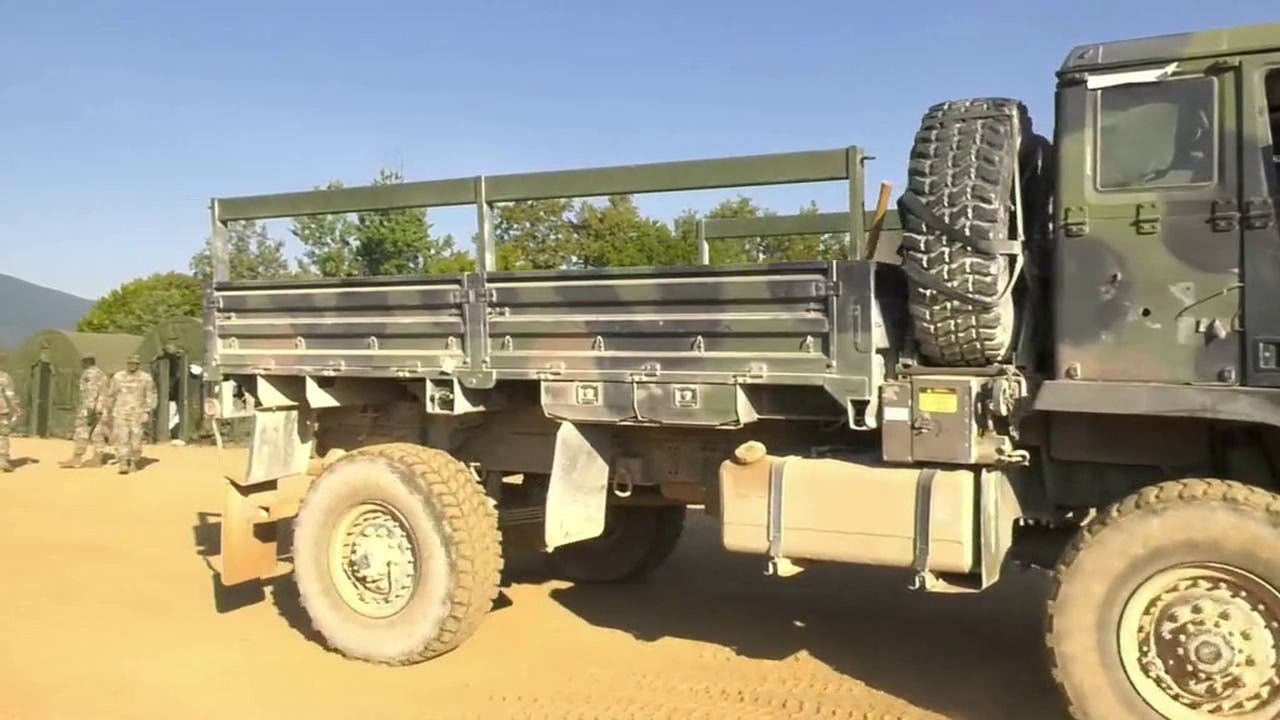What happens to my military vehicle when I die?
My apologies to my under-40 readers. We all know you are going to live forever, so you probably won’t get much from this week’s editorial. But for those readers, who…
My apologies to my under-40 readers. We all know you are going to live forever, so you probably won’t get much from this week’s editorial. But for those readers, who (like me) have just a bit more gray on their heads, this column is meant to inspire you to think about a topic that might be a bit uncomfortable: “What happens to my vehicle when I die?”
KEEP IT SIMPLE
A woman named Debbie contacted me two weeks ago. “My mother recently died. She still had her dad’s WWII Jeep in the garage,” she began. “Among her papers, I discovered that the Jeep was supposed to go to me and my two siblings,” Debbie confided before asking in a distressed tone, “What am I supposed to do one-third of a Jeep?”
Too often, I have this conversation with widows, children, or other relatives who have had relics or vehicles left to them. The Jeep being given to three adult children who lived in different parts of the nation, though, has to top the list of absurd final disposition plans.
Let’s get something straight: Collecting is YOUR hobby. You are the caretaker of these relics. Unless your kids have expressed clear and obvious desire to obtain your collection, passing it on to your kids when you die is not responsible care. The grim truth of the matter is, they probably don’t care that much about it. Passing it to them is just passing on to them the responsibility of finding next caretaker.
SO WHAT’S YOUR PLAN
A nephew of mine worked on a project with me one weekend. He drove me nuts by always asking, “What’s the plan?” He repeated it so many times over two days that hearing it from anyone else causes a deep visceral response. I suspect my response was not much different from the one you experience when someone asks you, "What will happen to your collection after you die?"
If you are going to be a thoughtful caretaker of the history, you have to formulate a plan—more than, “I will let my wife and kids sell it all when I am gone.” If you haven't given it much thought before today, I will offer five possible scenarios for you to consider:
- The first thing you have to do is put together an inventory. Though you have probably told your wife or kids that “This is a rare bladdy-blah,” the chances are it didn’t sink in. Your estate will be better off if you do the inventory, rather than leaving the important details to someone else. Should you drop over tomorrow, a completed inventory is one of the best gifts you can leave behind.
- Sell it before you board the last trolley. This is a bit of Russian Roulette, but you can start selling your collection or finding new homes for it while you are still above ground. While many spouses may say you have “Too many Jeeps” or “Just another stack of helmets,” I can’t think of one who has been known to say, “You have too much money.”
- If your plans are to leave your collection to a museum, make the contact now. Have the institution inspect what you have and get them to agree to take it. Write out a contract to go into effect after your passing. That way, you can enjoy it until your last moments among the living.
- Make arrangements with a dealer or auction house to dispose of your collection. Again, meet with them now, draw up an agreement that will be executed after your demise. Be sure that copies of the agreement are signed and shared with important members of your family so they are aware of the plan, as well.
- If you have vehicles that will need new homes, you may be able to complete a “Transfer-on-Death” (TOD) registration. A TOD registration will allow you to transfer the vehicle to someone without that person being responsible for any inheritance penalties. Arizona, Arkansas, California, Connecticut, Delaware, Illinois, Indiana, Kansas, Missouri, Nebraska, Nevada, Ohio, Vermont, and Virginia offer vehicle owners the option of naming a beneficiary to inherit a vehicle right on their certificate of registration, If you do this, the beneficiary you name has no rights as long as you are alive. You are free to sell or give away the vehicle, or even name someone else as the beneficiary. But, if you die, the vehicle will transfer to the beneficiary without any tax penalties. To name a transfer-on-death beneficiary, you'll need to fill out the paperwork required by your state's motor vehicles department.
By simply making a plan, you aren’t admitting that you are going to die anytime soon. Rather, having established a plan should provide you with the peace of mind to enjoy your collection by knowing that once it passes from your care, it will ensure the longevity of our military heritage for several generations to follow.
Preserve the Memories,
John Adams-Graf
Editor, Military Vehicles Magazine and Military Trader
John Adams-Graf ("JAG" to most) is the editor of Military Trader and Military Vehicles Magazine. He has been a military collector for his entire life. The son of a WWII veteran, his writings carry many lessons from the Greatest Generation. JAG has authored several books, including multiple editions of Warman's WWII Collectibles, Civil War Collectibles, and the Standard Catalog of Civil War Firearms. He is a passionate shooter, wood-splitter, kayaker, and WWI AEF Tank Corps collector.



